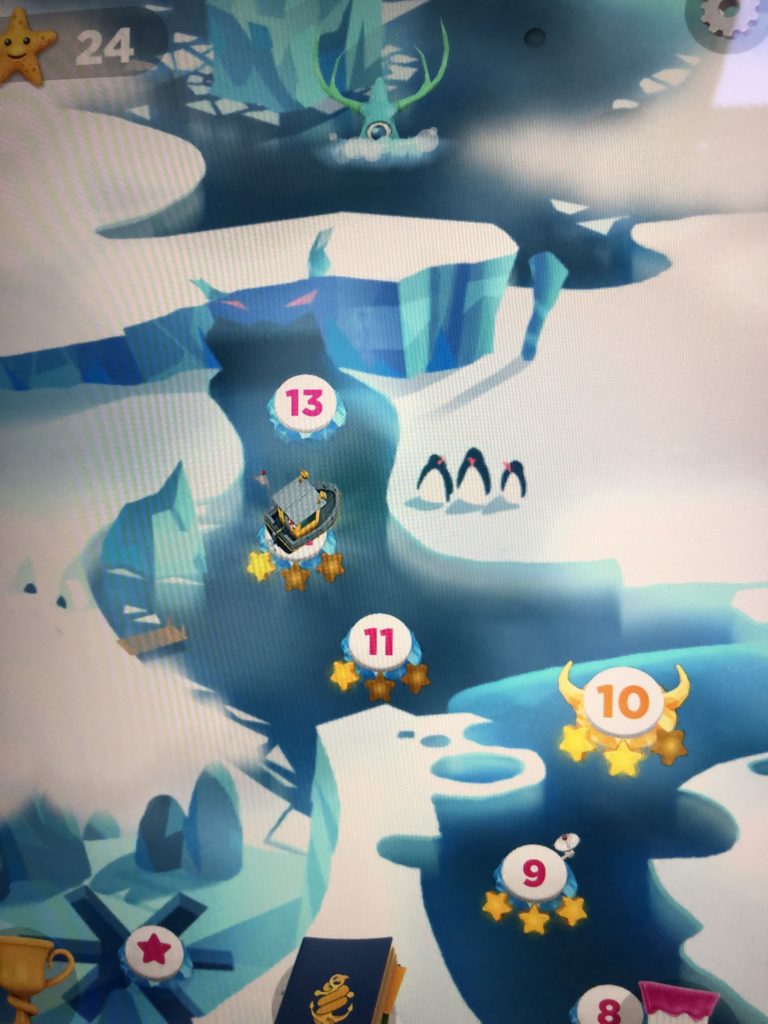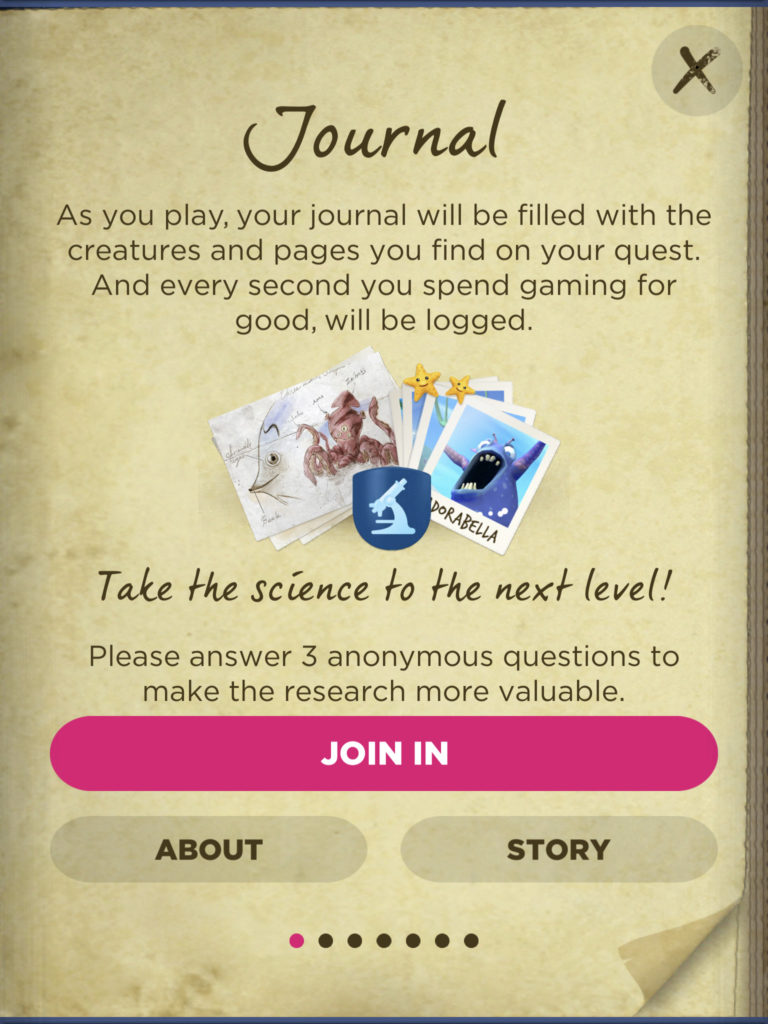For a few years, researchers and developers have developed “game apps” to train our brains. But also to help scientists fight Dementia! The term “game apps” is not unknown to people who are now 40-70 years old. This group, to which I also belong, will easily be able to use the technology against the fight against Dementia or Alzheimer’s.

An Umbrella
Dementia is an umbrella term for some of the conditions that can cause memory loss and other symptoms in patients. One of the most common subsets of dementia is Alzheimer’s disease, a progressive physical breakdown of the brain.
Dementia and Alzheimer’s are highly debilitating conditions that seriously damage the quality of life of a sufferer. As these disorders get progressively worse over time, the process can be very distressing for patients and their loved ones.
Although the following apps cannot cure the situation, they can help slow down memory loss and independence. This list of apps is by no means complete and there are many more great apps available.
Sea Hero Quest
Is the World’s first mobile game where anyone can help scientists fight dementia.

People with dementia can face real challenges with navigation, and it’s a problem that can occur early on in the condition. However, still, they don’t have reliable data on how navigational abilities can change in the healthy brain across life.
Playing the game for just a few minutes will provide this completely anonymous data to help improve our understanding of navigational cognition. And I can tell you because I play this game on my mobile from time to time.
MyReef 3D Aquarius
This game is for advanced people with dementia. They will find it fun and very easy to use.
In the game, users can communicate with about 14 different types of virtual fish.
Activities in the game are the crating of the aquarium with fish and interaction with the tank.
Features include tapping the glass to irritate the fish that respond in funny and unexpected ways.
Game Show
It is a great application to help people improve their memory. It has been shown by some studies to also help with the earliest stages of Dementia. It was developed by the University of Cambridge, and Dementia users were shown to have an impressive 40% increase in memory and thinking tests.
Whilst it cannot cure Dementia, it can help slow down the advancement of memory and thinking loss.
Activities that engage your brain like learning and certain kinds of ‘cognitive training’ increase connections between brain cells.
The app called ‘Game Show’ challenges users to match patterns and locations. The Wizard memory game is available through Peakon Google Play and iTunes.
Talking Tom Cat 2
A little app game for anyone with Alzheimer’s.
With this game, you can talk to the main cat character, and he will repeat it straight back. Tom the cat, can also be prodded, stroked or brushed utilizing your smart device’s tactile touchscreen.
It includes incentives for interaction through coin games by challenging Tom or by playing other mini-games.
The cat can also be dressed in various outfits and had other functions like many other virtual pets out there. This game is both entertaining and engaging and will keep users occupied for hours on end.
Nymbl is great for improving balance
The risk of falling over is an ever-present fear for the elderly. Not only can it physically injure them, but it has immeasurable impacts on their confidence and emotional health.
That’s where apps like Nymbl could prove invaluable to them. It was tested by residents at a Care Home in West Yorkshire with some interesting and promising results. After about 4 weeks of use, residents had a marked improvement in independence and were more likely to participate in physical activities.
Its development was based on 35 years of clinical research, and it also offers a range of balance tools for health providers, including fall risk assessments, digital balance evaluations, and 15-minute balance training interventions.
Iridis helps to make a home ‘Dementia-friendly’
Developed by Stirling University, Iridis helps people prepare their homes to make them dementia friendly. It gives advice on the lighting to use, furniture to have, how to improve color contrast and reduce unnecessary noise sources.
The app will help you make quick assessments of your home and provides a report on recommendations to consider.
The app was designed in conjunction with Space Architects, and the app is used mainly for the family or care workers of people living at home but can also be adapted for hospitals and care homes. A really good app to use!
Timeless is an app for Alzheimer’s patients
According to their own website, “is a first-of-its-kind, simple, easy to use the app for Alzheimer’s patients to remember events, stay connected and engaged with friends and family, and to recognize people through artificial intelligence-based facial recognition technology.”
Timeless makes use of AI technology (Artificial intelligence) and face recognition to slow down memory loss. It also helps build, or at least maintain, an Alzheimer’s patient self-confidence and esteem.
A Walk Through Dementia
A Walk Through Dementia is an interesting app that helps non-sufferers understand the plight of dementia patients. The app was created by Alzheimer’s Research UK and VISYON, and provides users with a virtual, immersive insight into the condition.
It uses a combination of CGI (Computer-generated imagery) and 360-degree users what life is like for Alzheimer’s patients.
Featuring three scenarios, users get to experience buying ingredients in a supermarket, taking them home and making a cup of tea for their family.
This app helps you to understand the situation of your loved one and to empathize better.
